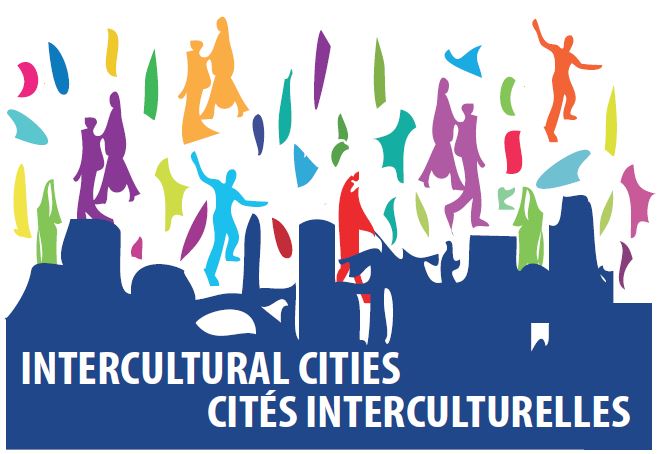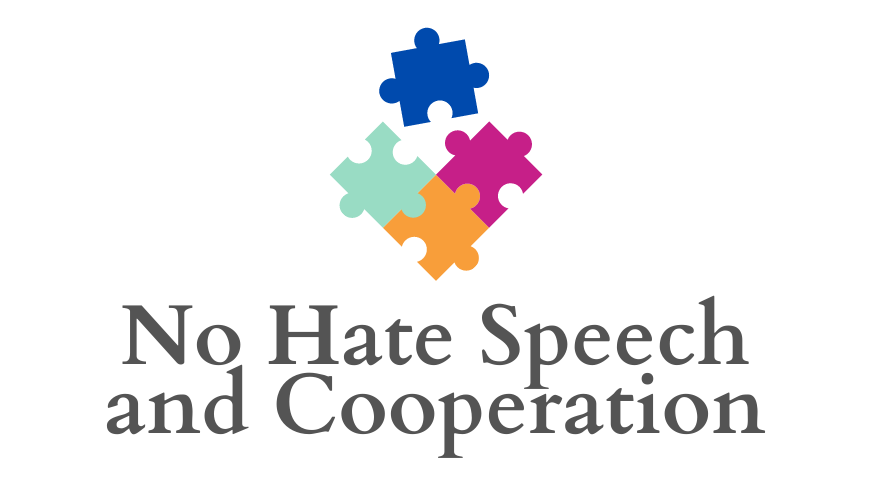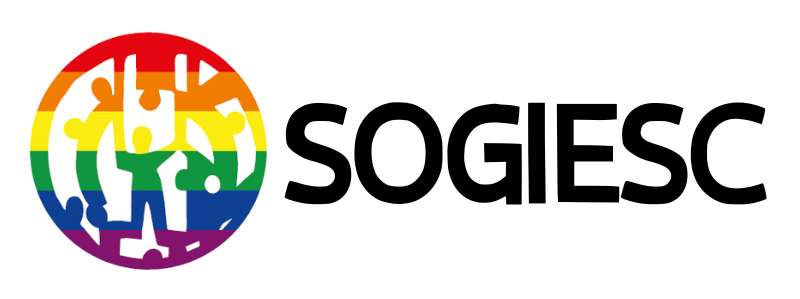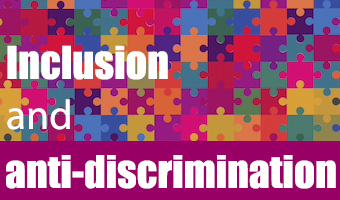A new methodological guide “Combating hate speech in the media” has been produced in the framework of the project “Strengthening access to justice for victims of discrimination, hate crime and hate speech in the Eastern Partnership”, funded by the European Union and co-funded and implemented by the Council of Europe, with the aim of supporting the Audio-visual Council in monitoring and combating more efficiently the hate speech cases in the audio-visual environment.
The guide was elaborated on the bases of interviews with representatives of institutions involved in collecting and monitoring the cases of hate speech in mass-media and will serve as an educational and methodologic tool for the above-mentioned institution, containing recommendations and mechanisms for fighting hate speech.
The importance, but also the necessity of this guide is additionally provided by the increasing number of cases of hate speech and discrimination in the public space and the mass media of the Republic of Moldova. Specifically, in the Republic of Moldova, the role of media regulators appears as crucial in ensuring monitoring of hate speech and appropriately sanctioning. This led to the development of this guide, on the basis of monitoring work of the European Commission against Racism and Intolerance and its general policy recommendations (notable GPR No. 15 on combating hate speech), as well as the jurisprudence of the European Court of Human Rights, and also the best practices of other countries in the given field.
The guide is expected to be officially approved by the Audio-visual Council of the Republic of Moldova and used as a practical tool in approaching hate speech in the media environment.
Download the guide in Romanian
The guide was produced as part of the regional project “Strengthening access to justice for victims of discrimination, hate crime and hate speech in the Eastern Partnership”, funded by the European Union and co-funded and implemented by the Council of Europe in the framework of the Partnership for Good Governance Programme (PGG II).







